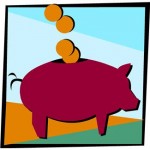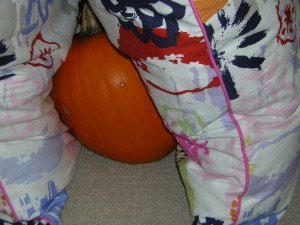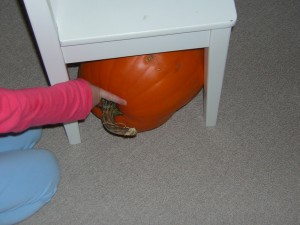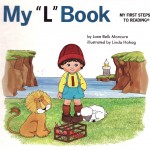An inspirational site for the new year asked us to choose a word for 2012. That was easy for me…learning!
But better than 1 word is many. Would you believe more than 40 million many? That’s how many words a child has heard in the early years before going to school! More than 40 million words, isn’t that astounding? As the brain hears these all these words, it makes vast connections to figure out the order that words go in, what they mean, how they change when used with other words, the rules of the game and more. Words are really important for language development and kindergarten readiness. What are some of the ways we can include words and learning with kids?
- Share books, lots and lots of books. Have Grandma Skype and she can read some.
- Tell stories. We can remember a few that we heard like The 3 Little Pigs, Puss in Boots, and other traditional ones, but make up stories too with your little ones. “Once upon a time, the bus grew wings and …
- Recite nursery rhymes, and change the words sometimes.
- Sing, sing, sing. Make up your own songs to easy tunes. Listen to songs, too.
- Talk with kids anytime. When it’s time to get dressed, talk to the socks. Making the bed needs some conversation, too: “Okay, pillow, you get to lie here nice and quiet and wait for bedtime. No hiding under the bed just under the covers.” Use voices for the fork and spoon at the table. Tell the shoes that they need to stay out of the mud unless they are boots.
- Let kids hear grown-ups talking to each other. How else will they learn b i g words?
When it comes to readiness for kindergarten, language is significant. If words were pennies, think of them as deposits in your child’s brain bank account. And it can hold lots. Are you enriching your child’s word account?





